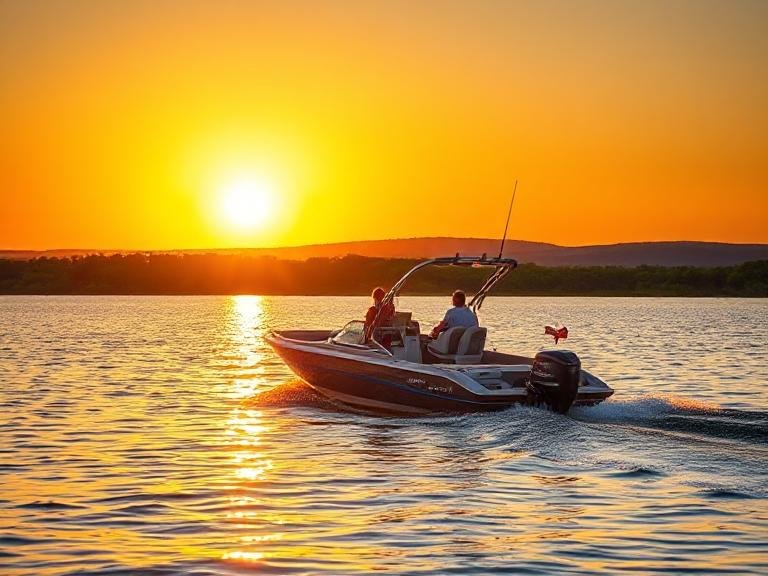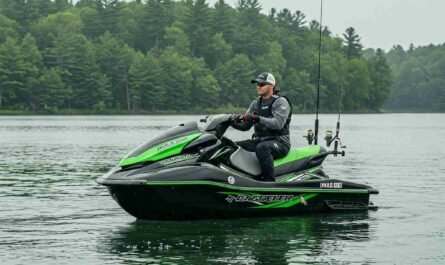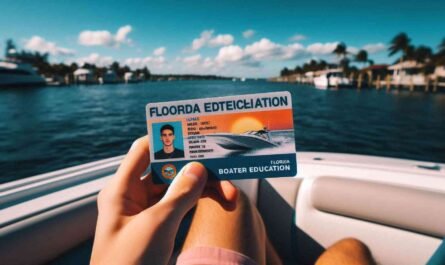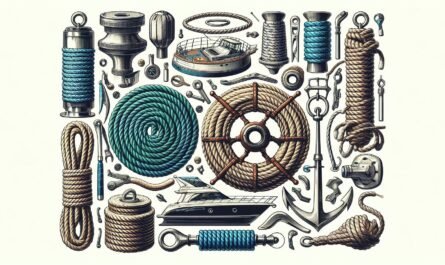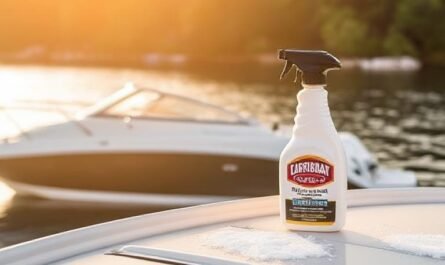Ultimate Guide to Safe and Legal Boating in Texas
If you’re planning to hit the water in the Lone Star State, you’re in for a treat. With thousands of lakes and miles of Gulf Coast shoreline, Texas is a boating paradise. Whether you’re out fishing, cruising with friends, or just drifting under the sun, boating in Texas is all about freedom and adventure. But with that freedom comes responsibility.
Before you head out, it’s important to understand the boating laws in Texas and how to stay safe on the water. In this guide, we’ll break it all down in simple terms so anyone—whether you’re new to boating or a seasoned captain—can feel confident and prepared.
Do You Need a Boating License in Texas?
This is one of the most common questions we hear: “Do I need a license to drive a boat in Texas?” The answer is… maybe!
Here’s the deal: Texas doesn’t call it a license, but if you were born after September 1, 1993, you must complete a Texas-approved boater education course before operating certain watercraft. This applies to:
- Motorboats with more than 15 horsepower
- Sailboats over 14 feet long
- Personal watercraft (you’ve probably heard them called Jet Skis or Sea-Doos)
Once you pass the course, you’ll get a boater education card, which is basically your boating license. Keep it with you anytime you hit the water—it’s required by law.
Boating Age Restrictions in Texas
Now, let’s talk about age. If your teenager is begging to drive the boat, make sure you know the rules. In Texas:
- Anyone under 13 may not operate a PWC or motorboat over 15 hp unless supervised by someone who’s at least 18 and legally allowed to drive the boat.
- People 13 and older must complete a boat safety course if they fall under the age requirement we mentioned earlier.
So if you’ve got a kid wanting to steer the ship, just make sure they’re educated and legal.
Essential Boating Safety Tips
All boat operators in Texas are expected to follow common sense safety measures. But let’s face it—we can all use a reminder now and then.
Following these tips can save lives (and maybe even your boat):
- Wear a life jacket: It’s not just smart—it’s the law for some passengers. Everyone under 13 must wear one, and they need to fit properly.
- Don’t drink and operate: Just like on the road, boating under the influence (BUI) is illegal and dangerous.
- Check the weather: Texas weather changes fast. A sunny morning can turn stormy in no time. Always keep an eye on the sky or radar.
- Use the engine cut-off switch: This little device can stop your boat’s engine if you fall overboard. In Texas, it’s now required on boats under 26 feet and with engines over 115 hp.
- Watch your speed: No-wake zones are there for a reason—slow down near docks, marinas, and other crowded areas.
Need an easy way to remember? Just think: Live jacket. No alcohol. Eyes on the sky. Cut-off switch. Stay slow.
Where Can You Boat in Texas?
From lakes to rivers to Gulf waters, Texas has no shortage of places to explore by boat. Here are a few popular spots worth checking out:
- Lake Travis: Near Austin, this lake is perfect for wakeboarding and water skiing.
- Lake Conroe: North of Houston, known for fishing and leisure boating.
- Possum Kingdom Lake: Clear water and scenic cliffs make it a favorite for families.
- Gulf of Mexico: Coastal towns like Corpus Christi and Galveston offer deep-sea adventures.
Wherever you go, make sure to check local rules. Some lakes or areas may have specific regulations or require local permits.
What Gear Do You Need on Your Boat?
Before starting the engine, give your boat a quick check-up. Having the right gear on board isn’t just smart—it’s the law.
Here’s a basic Texas boating safety checklist:
- U.S. Coast Guard-approved life jackets (one for each person)
- Throwable flotation device (if the boat is over 16 feet)
- Fire extinguisher (for boats with enclosed fuel or engine compartments)
- Navigation lights (required from sunset to sunrise)
- Horn or whistle (for signaling)
- Registration papers and boater education card
If your boat has a toilet or holding tank, you’ll also need a Marine Sanitation Device (MSD). Sounds complicated, but it just means your waste is being handled properly—not dumped into Texas waters.
Registration and Titling Your Boat in Texas
Just like your car, your boat needs registration. Any motorized boat or sailboat in Texas must be titled and registered with the Texas Parks and Wildlife Department.
You’ll get a registration number and decals—make sure they’re displayed correctly on your boat. This helps authorities identify your vessel, especially in an emergency.
Registration must be renewed every two years. Keep that paperwork handy—you’ll need it if you’re ever stopped by water patrol.
What Happens If You Break the Rules?
Texas takes boating safety seriously. Violating boating laws can result in:
- Fines
- Jail time in extreme cases (like BUI)
- Confiscation of your boat or boating equipment
It’s not just about penalties—it’s about protecting yourself, your passengers, and everyone else on the water. Boats are fun, but they’re also powerful machines. Taking safety seriously shows you respect the water—and those who share it with you.
Ready to Set Sail in Texas?
Boating in Texas is one of the best ways to enjoy the outdoors—just make sure you’re doing it safely and legally. Whether you’re paddling peacefully across a lake or speeding across open water, knowing the rules helps protect you and everyone else out there.
If you haven’t taken a boating course yet, consider signing up. It’s quick, informative, and gives you lifelong skills that can save lives and help you feel more confident behind the wheel.
So grab your sunscreen, pack your life jackets, and get ready for unforgettable adventures on the Texas waterways. Just don’t forget your boater education card—because smooth sailing starts with knowing the ropes.
Bonus: Quick Texas Boating Checklist
Here’s a quick rundown before you hit the water in Texas:
- Complete your boater safety course
- Carry your boater education card
- Register and title your boat
- Stock safety gear (life jackets, fire extinguisher, whistle, etc.)
- Check the weather and water conditions
- Plan your trip and let someone know your route
Need help finding a safety course? Head to BoatSmartExam.com and take the test online at your own pace.
Happy boating—and stay safe out there!

